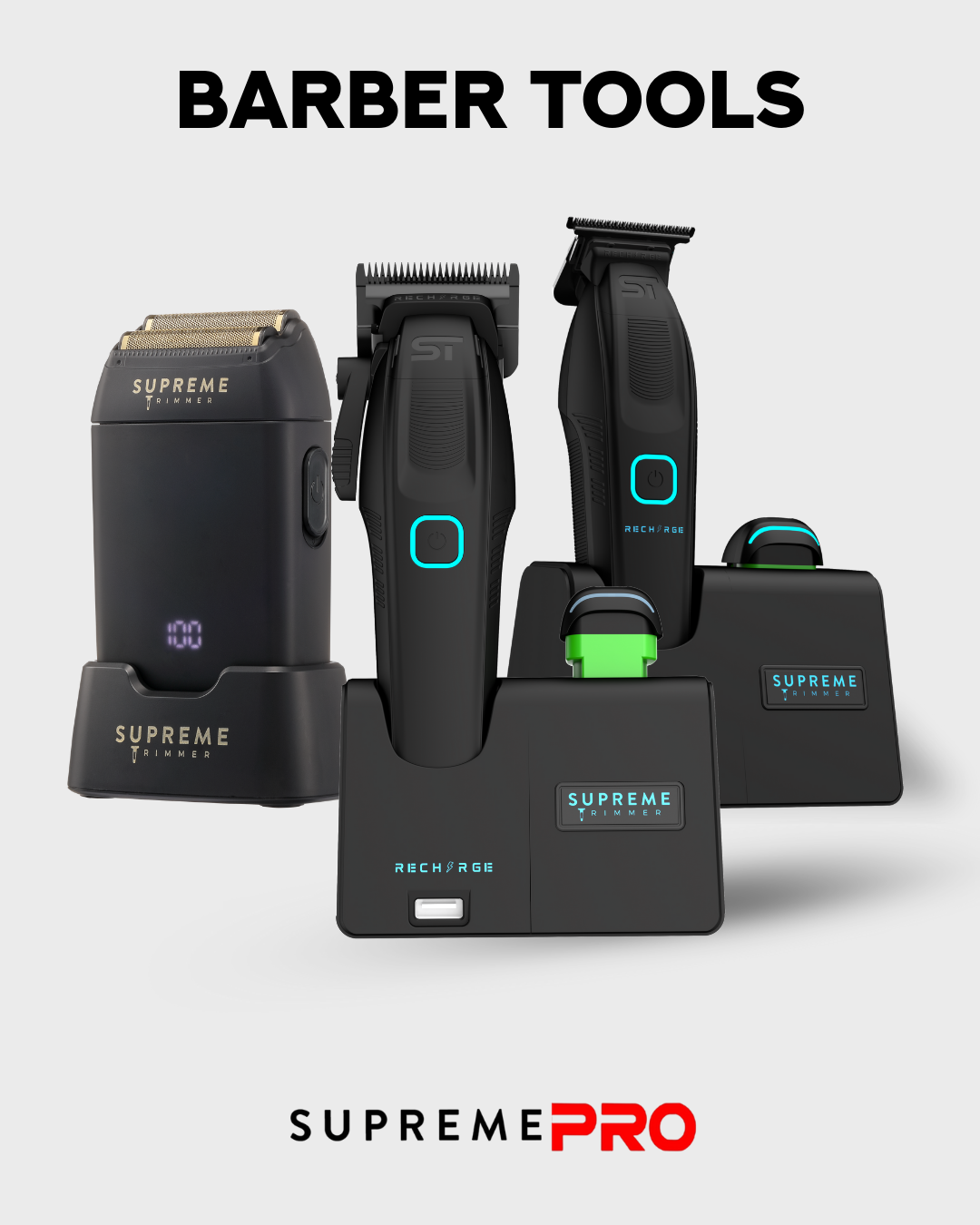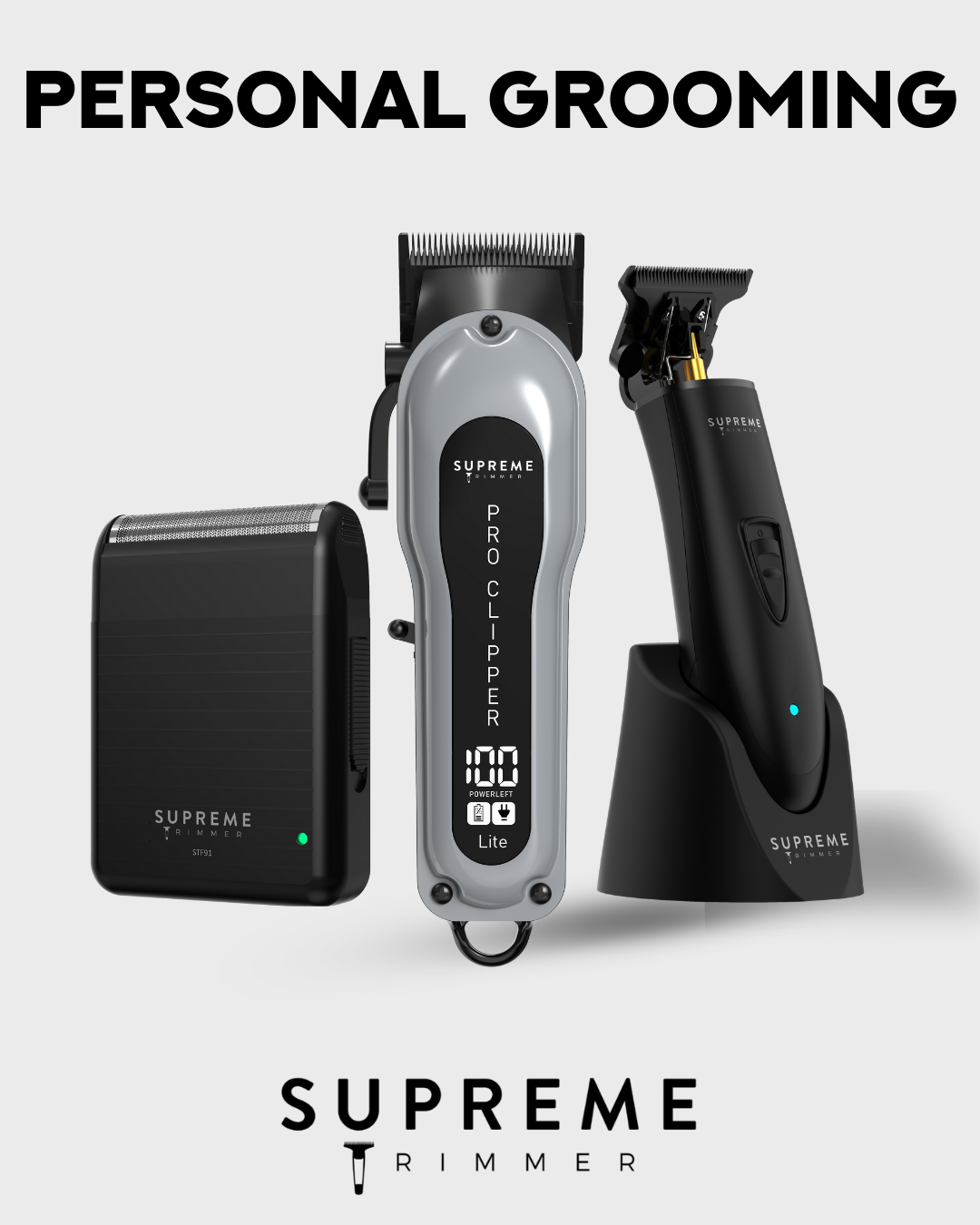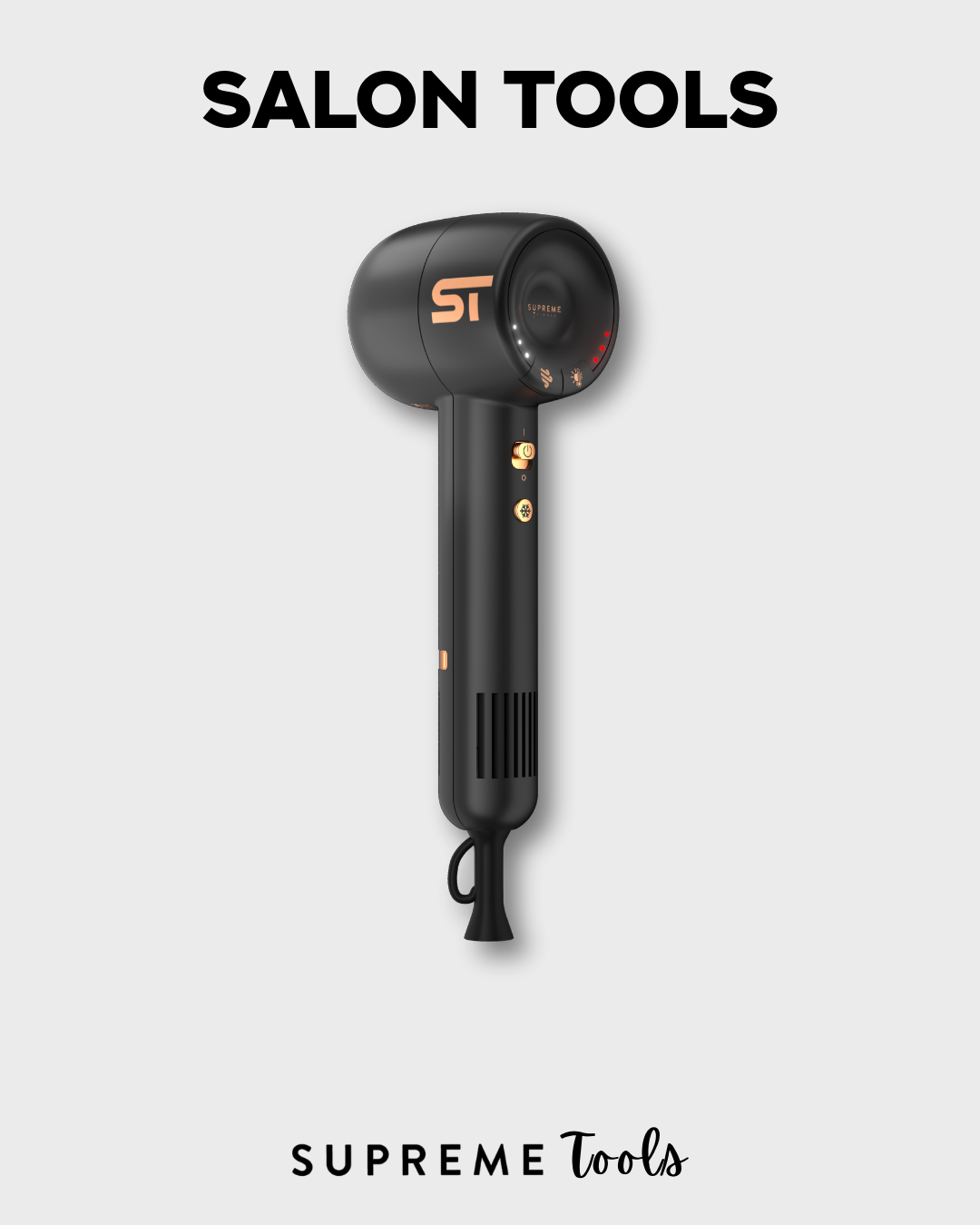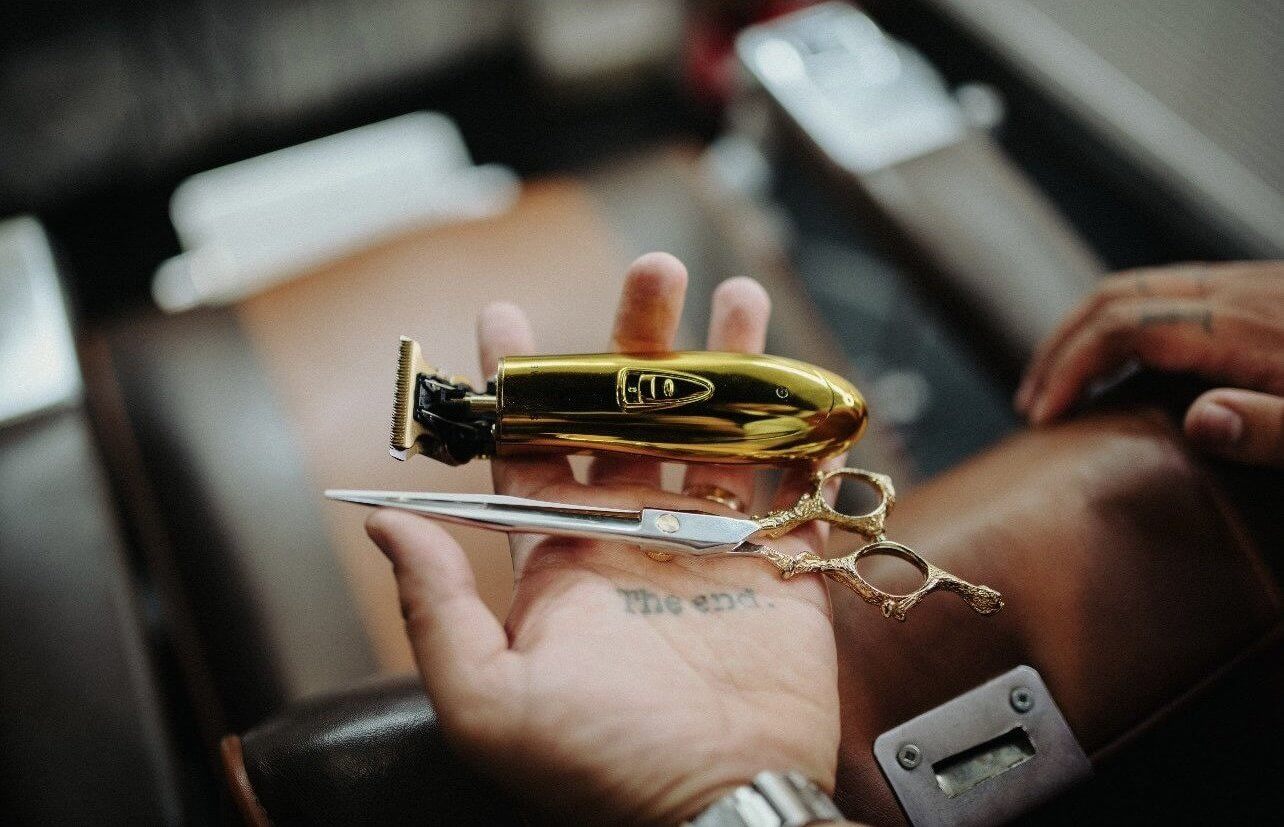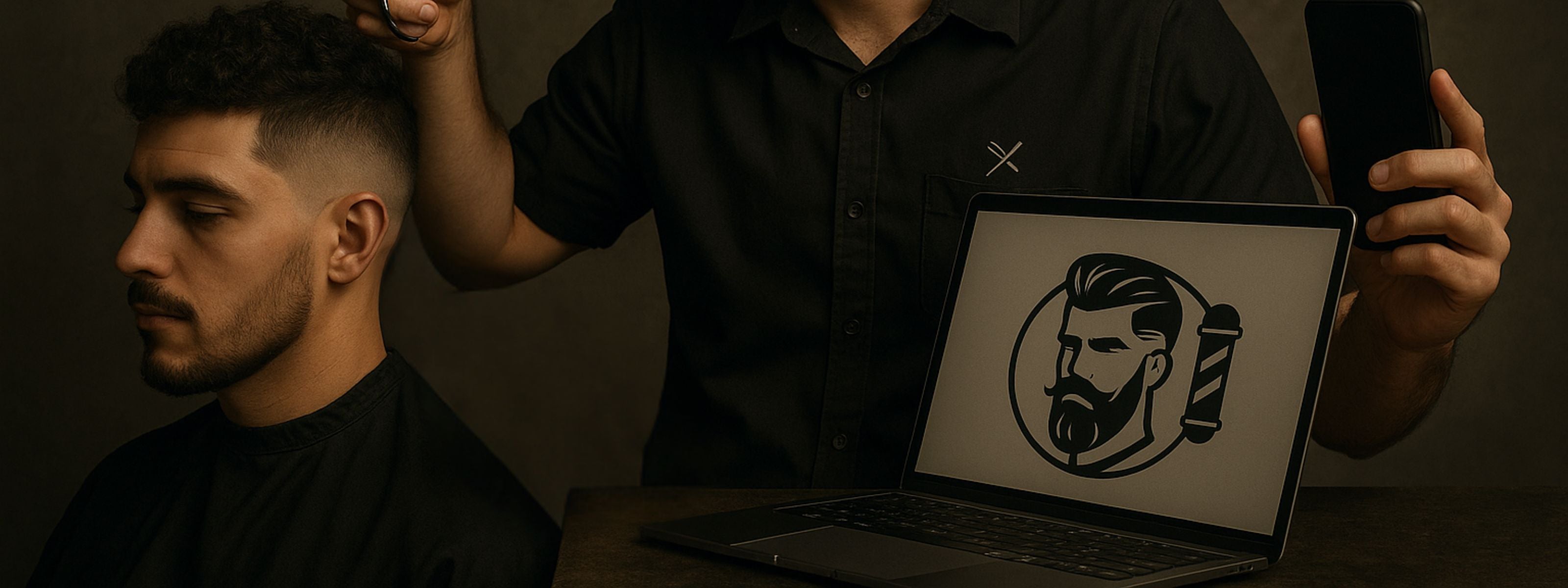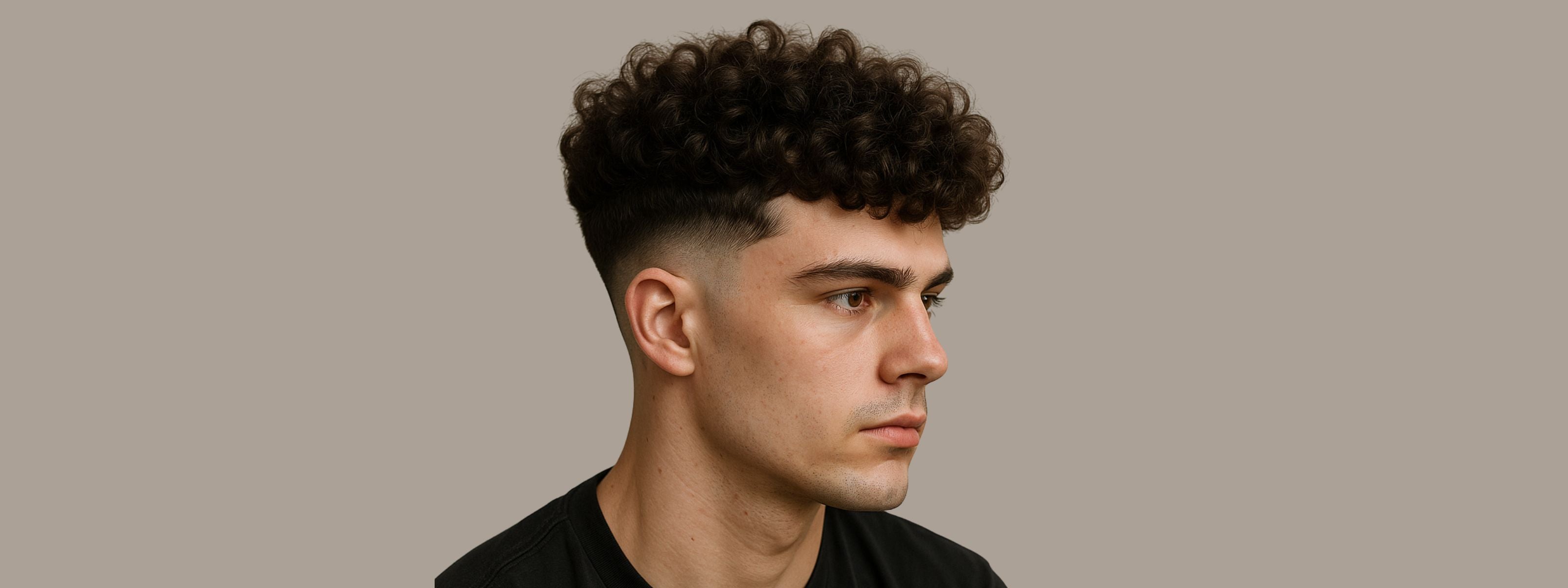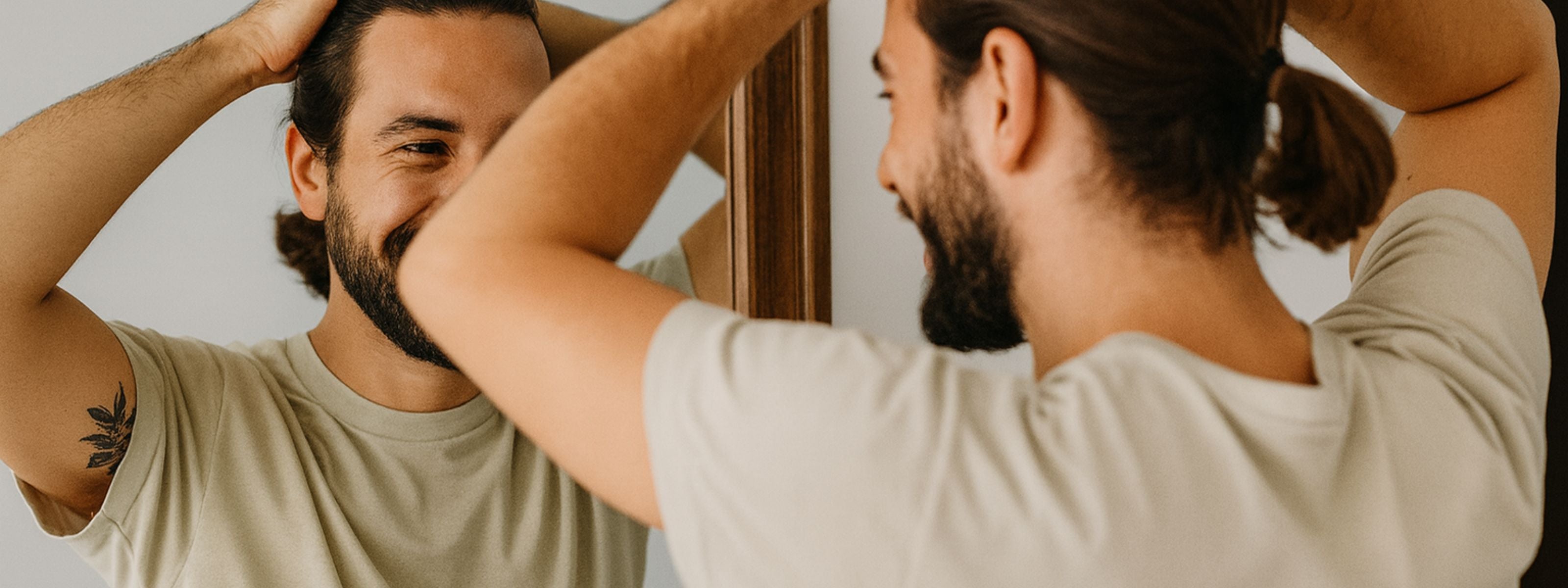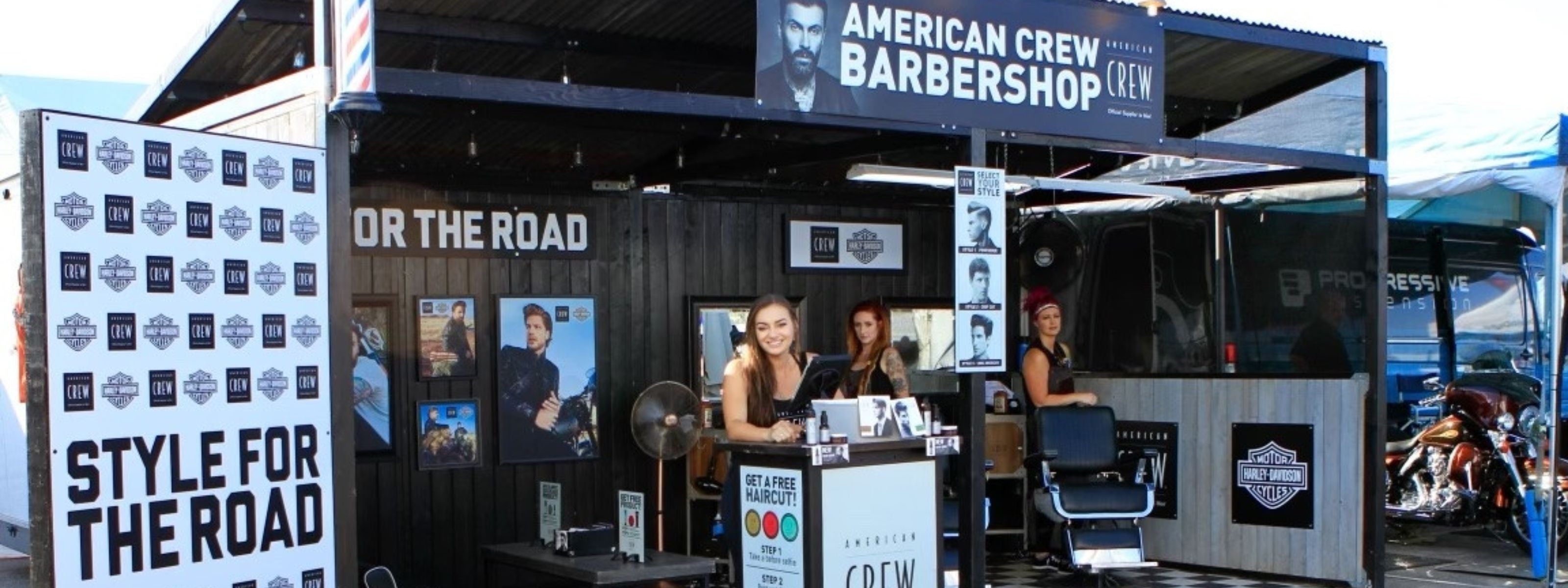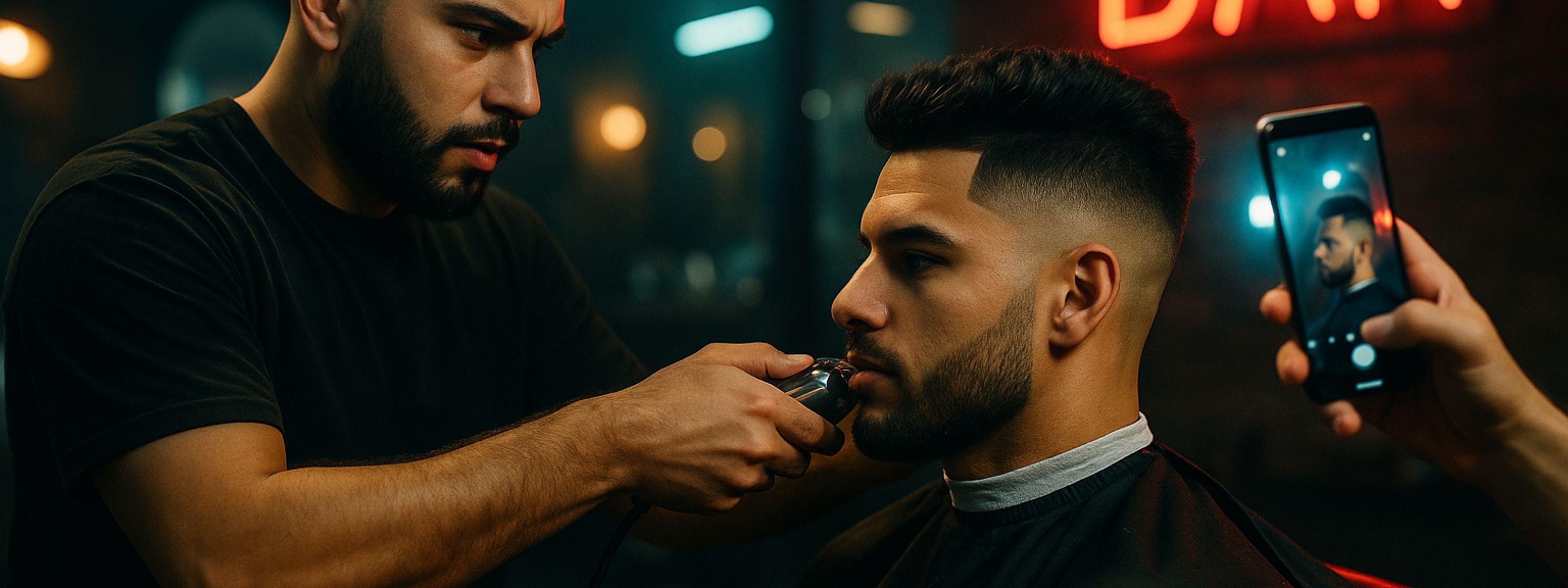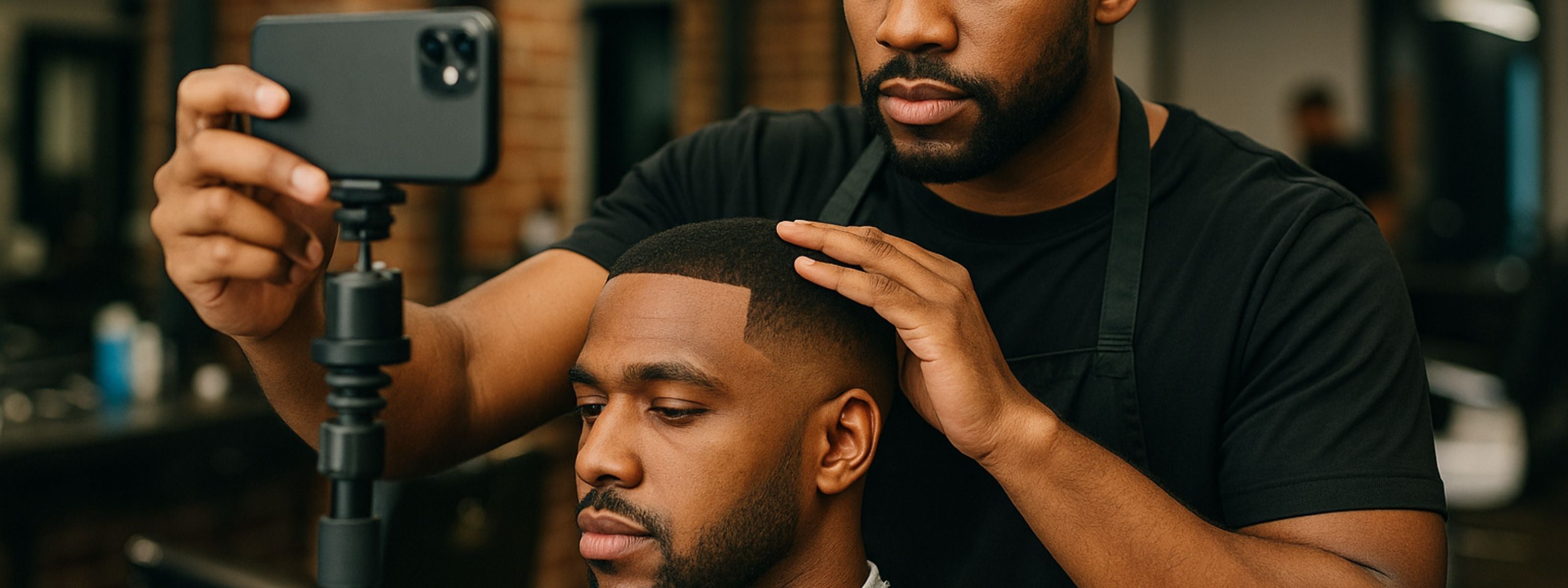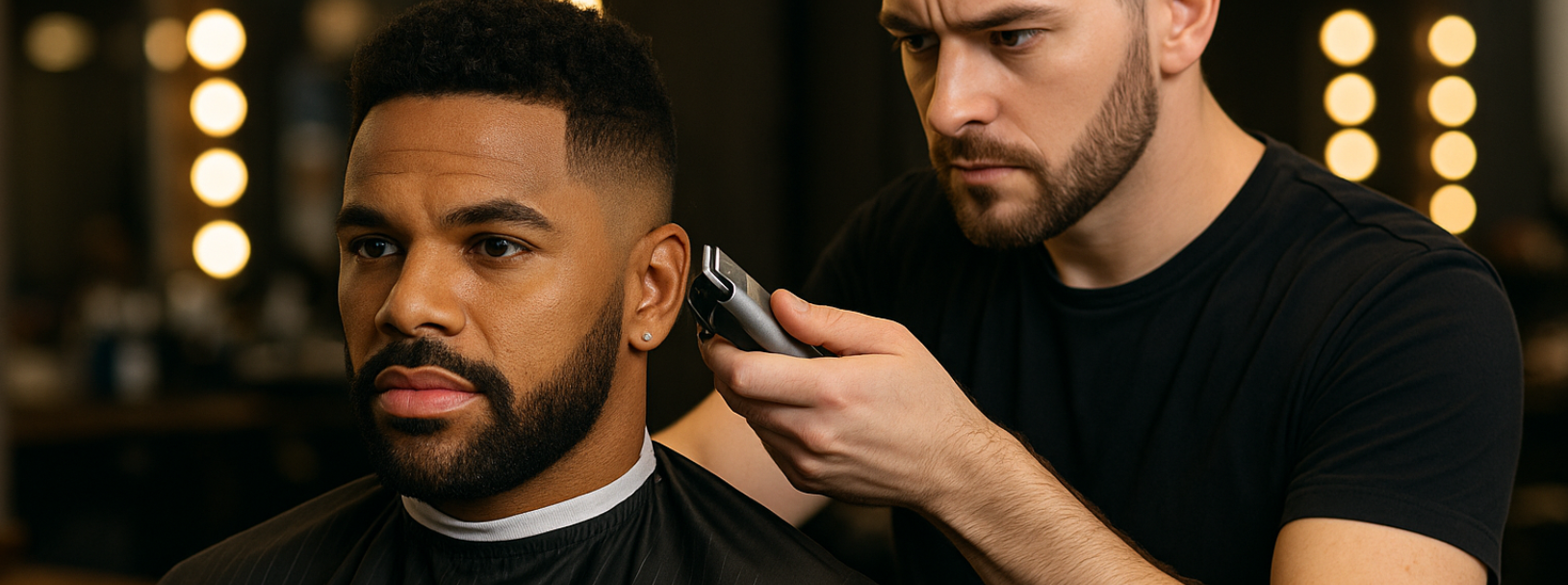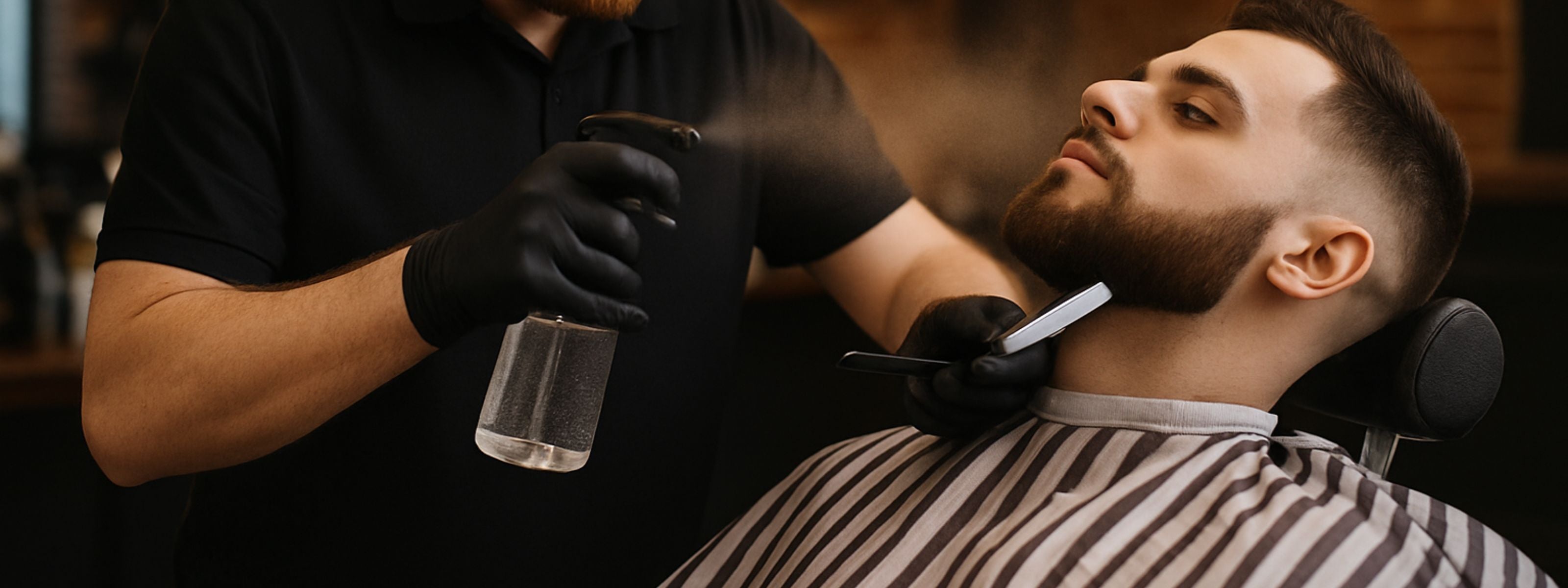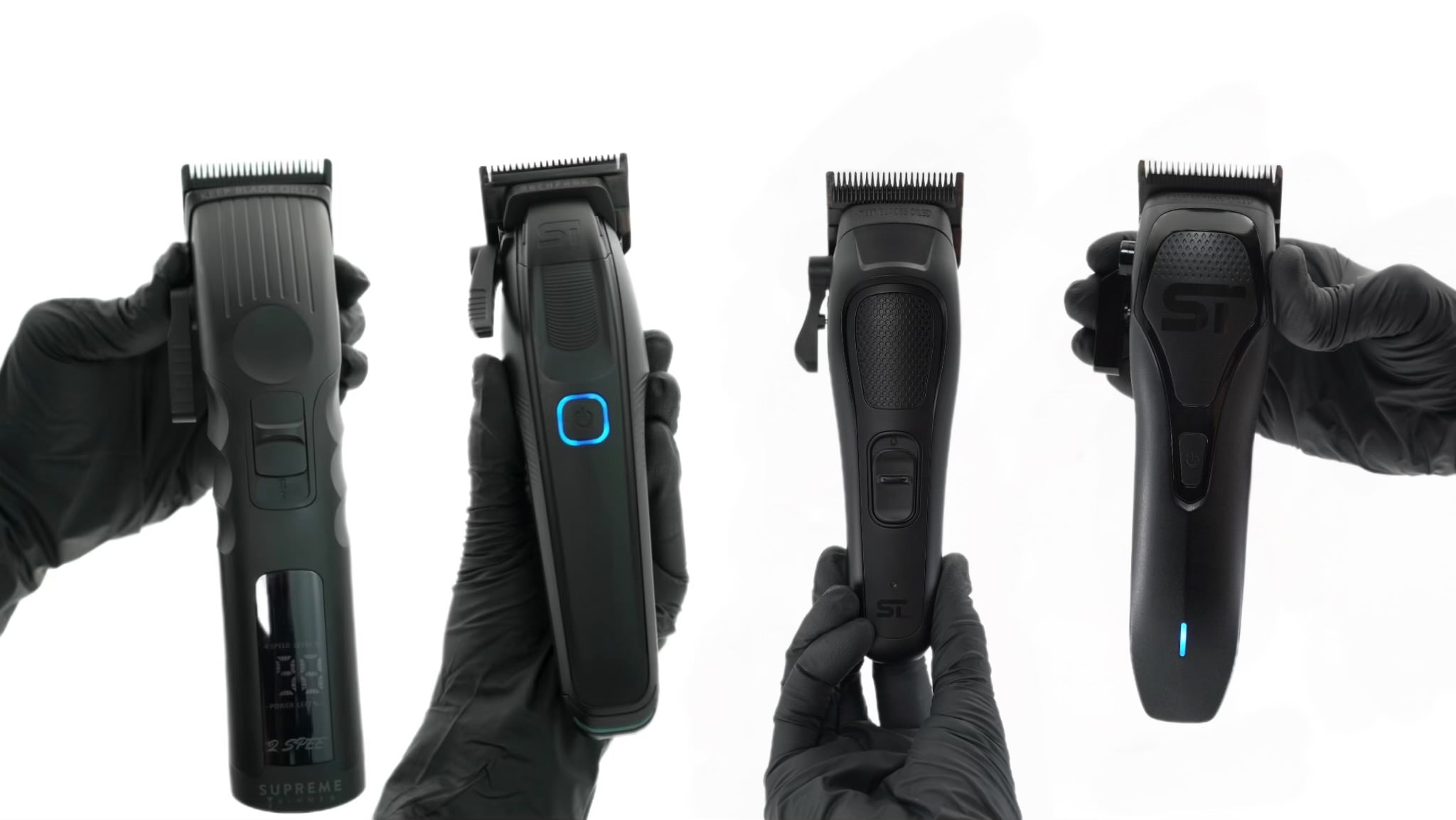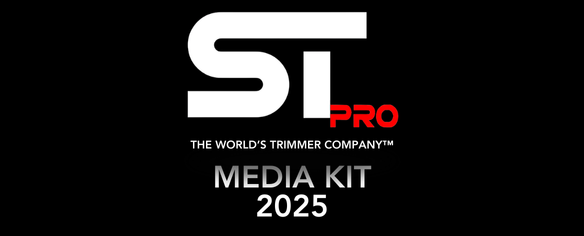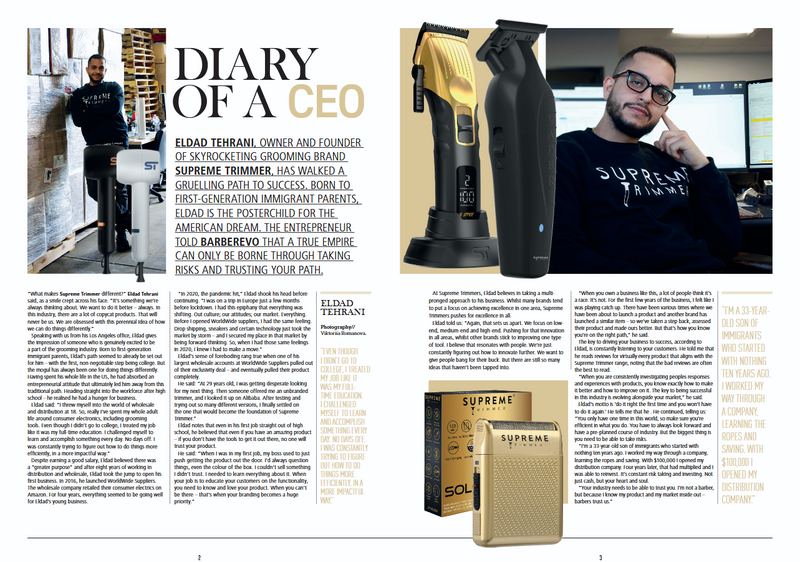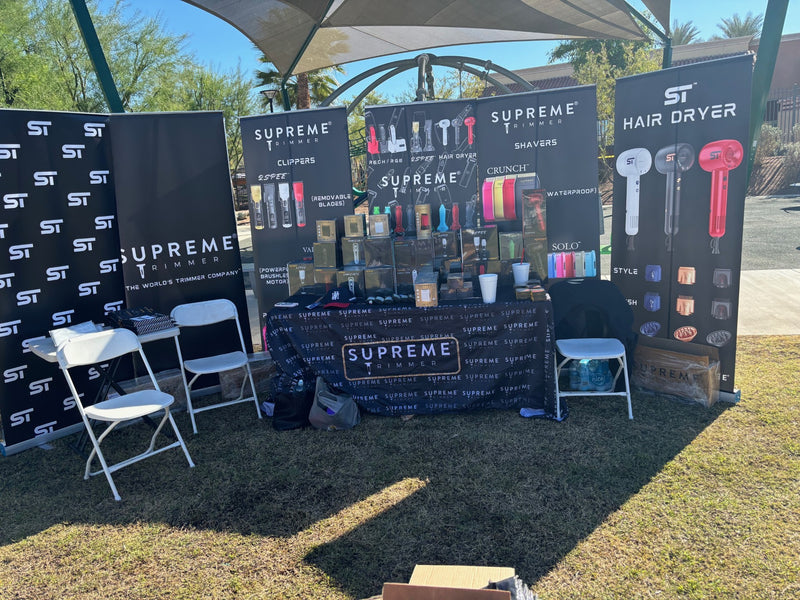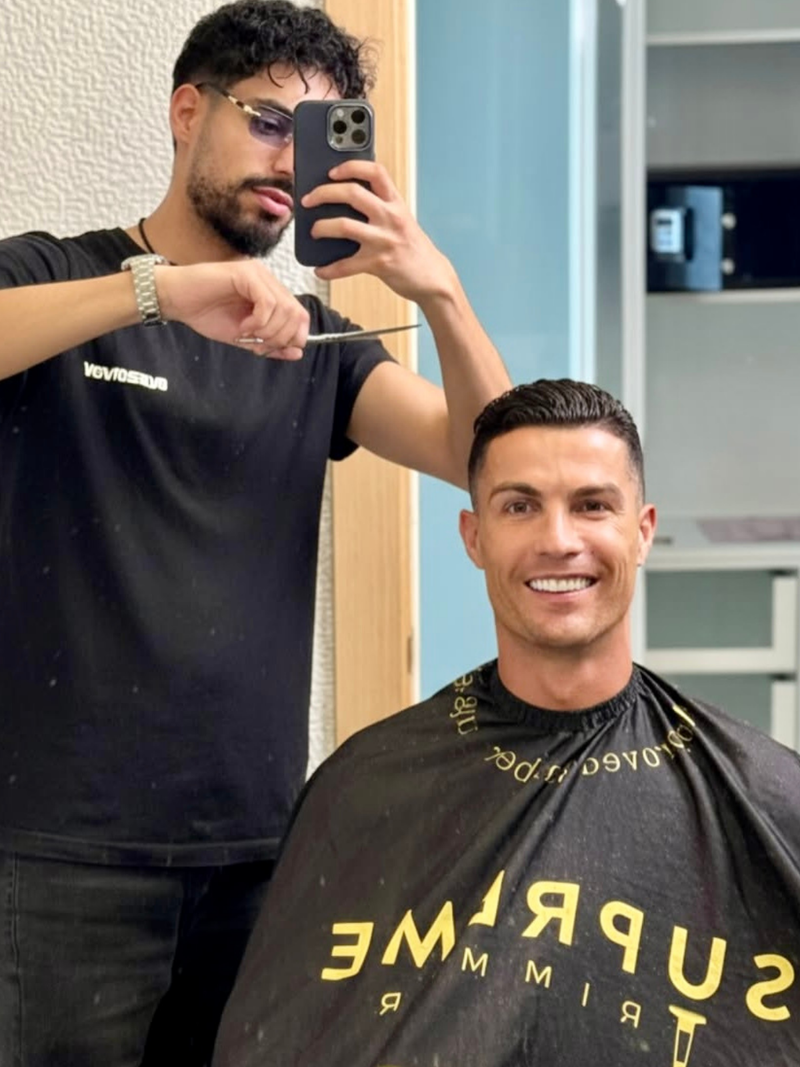Barbershops have always been more than just places to get a fresh cut—they’re hubs of conversation, laughter, and community. Whether it's the exchange of local gossip or the deep discussions about life, they’ve earned their place as a cultural cornerstone. Over the years, the silver screen has showcased barbershops in a way that both elevates and mythologizes them. From comedic moments to heartfelt scenes, barbershops have made their mark on pop culture in films and TV shows, shaping the public’s perception of the profession and cementing their status as places where not just hair, but stories and friendships are shaped.
One of the most iconic barbershop portrayals comes from the 2002 comedy Barbershop, starring Ice Cube. The film presents the barbershop as a vibrant microcosm of community life, packed with colorful characters and never-ending banter. Set in a South Side Chicago shop, the film isn't just about haircuts; it’s about the relationships that unfold within those walls. The way the shop becomes a place where issues of family, money, and even race are discussed with both seriousness and humor brought a new perspective to the public's eye. Suddenly, barbershops weren’t just places of business; they were places of connection, where every customer had a story to share. Barbershop turned the humble establishment into a cultural icon, making us all appreciate the true value of that weekly visit to get "touched up."
But it wasn’t just Barbershop that put barbershops on the map. A few years earlier, Coming to America (1988) gave us the unforgettable, hilarious scenes at the fictional “McDowell's” barbershop. While the comedy came from the exaggerated personalities and antics of the barbers, it also underscored how barbershops can serve as a stage for all sorts of wild interactions. Eddie Murphy’s portrayal of the regal Prince Akeem disguising himself as a regular guy, getting a haircut in a local shop, turned that brief visit into a memorable moment of pop culture history. And though the shop wasn’t the main focus, it played a crucial role in establishing the idea that barbershops are more than just places for a trim—they’re places where you can be yourself, free from societal expectations.
There’s also a more intimate, emotional take on the barbershop in the 2017 Netflix series The Barber Shop Chronicles. While not as widely known as the other films, it brings to life the universality of barbershops across different cultures. The series captures how barbershops in Africa and the UK are also places where stories flow just as freely as the razors. It's a reminder that no matter where in the world you are, barbershops are grounded in a tradition of being safe spaces for men (and sometimes women) to talk about everything and anything—sports, love, life, or even the personal struggles that we don’t always get to voice in the outside world.
Even outside of comedy and drama, barbershops have had their moments in TV series like The Fresh Prince of Bel-Air, where Will’s visits to the barbershop added another layer of relatability to his character. The scene where Will tries to act tough in the barbershop mirrors the struggles that many face when navigating the fine line between staying true to who you are and adapting to the environment around you. The barbershop, in this case, was both a sanctuary and a battleground for personal growth, as many of the lessons learned in those humorous exchanges were far more profound than they first appeared.
But beyond the laughs and life lessons, these depictions have changed how we view the profession. Barbers are no longer seen just as folks wielding clippers for a paycheck. They’ve become almost revered figures—artists of sorts—crafting styles that define our identities. The barbershop is where relationships are built, businesses are run, and sometimes, the most life-changing advice is given. And in pop culture, that representation has done wonders for highlighting the value of the profession. Barbershops aren't just places for grooming—they’re places where communities come alive.
Looking at how barbershops have been portrayed in pop culture, it’s clear that these establishments are far more than just a business. They’re gathering places that transcend the act of cutting hair. They've been woven into the fabric of entertainment, providing both laughs and thought-provoking moments. And thanks to films and TV shows, the world now sees barbers not just as tradespeople, but as integral figures in the cultural landscape—people who shape more than just hair. They shape stories, friendships, and in some cases, lives.
So, next time you step into a barbershop, you might just realize that you’re not only in a place to get a fresh fade, but in a space that's had a starring role in defining pop culture, one clip at a time.

